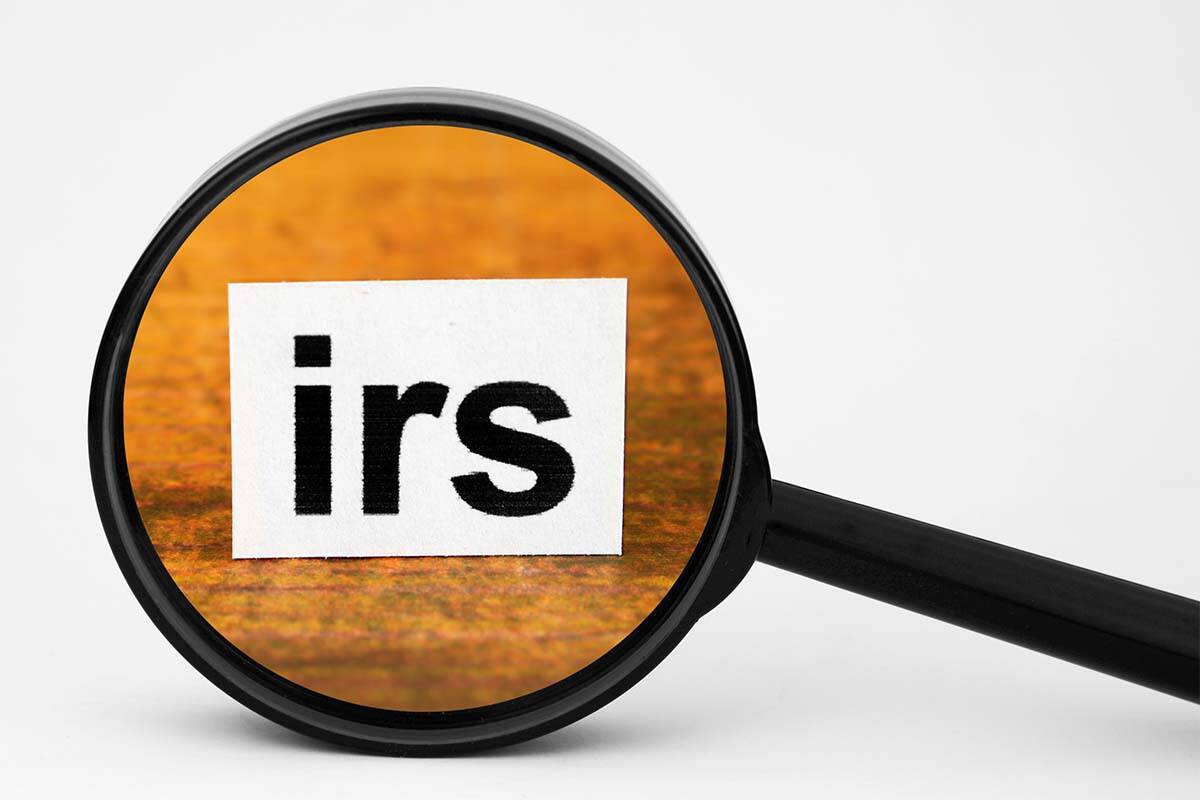EDITORIAL: It’s Tax Day: Who really fills the federal coffers?
Is there a more trite and hackneyed phrase in the tax debate than “fair share”? Progressives, who have a never-ending appetite for spending other people’s money, rarely get specific when they argue for higher levies on the “rich.” Neither “rich” nor “fair share” is ever defined. Is it “fair” for the federal government to confiscate 90 percent of your earnings? Fifty percent? A quarter?
Monday is the deadline for most Americans to file their federal income tax returns. In 2023, Washington collected $2.33 trillion in income taxes, which accounted for 48.5 percent of all revenue. You may not know it from the rhetoric repeated by Democratic rabble-rousers, but the vast majority of that money comes from those who might be described as rich and well-off.
According to IRS data from 2021, the top 1 percent of earners — those who made more than $682,000 — paid 45.8 percent of all federal income taxes. The top 10 percent — men and women who bring home more than $170,000 — contributed 76 percent of Washington’s take. As for the very wealthy, the Pew Research Center found that, in 2021, taxpayers with an adjusted gross income of at least $10 million made up only 0.02 percent of filers yet paid 12.6 percent of all income taxes.
Meanwhile, the bottom 50 percent generated just 2.3 percent of income tax revenue, and many in the lower half pay no income taxes at all. “Because of the system of tax benefits and transfers, such as taxpayer-funded programs like Medicaid and public housing assistance,” CBS reported last year, “the lowest-earning Americans actually receive more from the government than they pay in income taxes, according to a recent analysis of tax data from the Tax Foundation.”
In fact, the federal income tax system is far more progressive than many revenue sources commonly used by states and local governments. The sales tax, for instance, hits low-income consumers much harder in the pocketbook.
Yet that doesn’t stop public agencies in Nevada from routinely seeking small increases in the levy added to the cost of most consumer goods.
When all taxes are taken into account — state, local and federal — the average American must toil until April 18 this year to meet the nation’s total tax obligation, the Tax Foundation calculates. According to State Policy Network, Nevada ranks 27th in terms of total tax burden.
The federal income tax has evolved into a complicated mess of deductions, loopholes, wealth transfers and arcanery. Blame Congress for that. But despite the shrill voices on the left, it also remains a highly progressive source of income for the federal government.

















